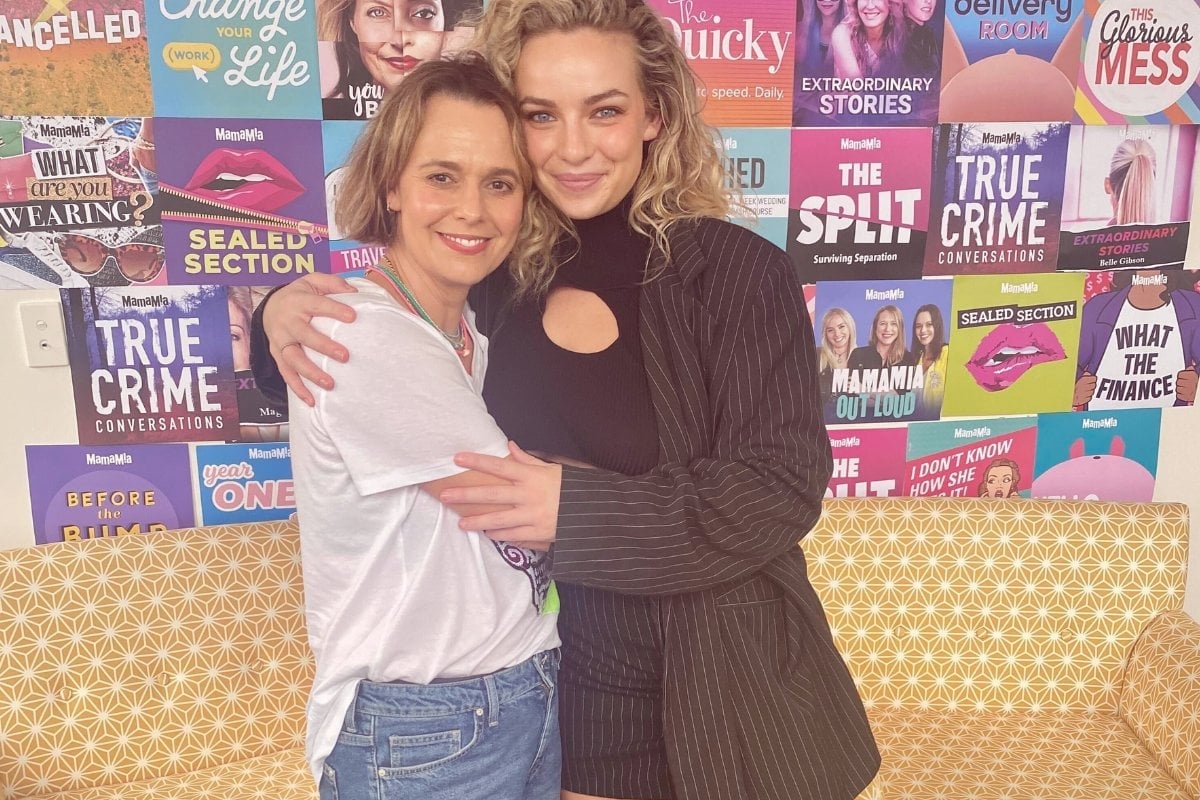
"Can a parent please explain to me how having a son grow up is different to a daughter growing up?"
This is how broadcaster Abbie Chatfield began her recent TikTok about a viral post I wrote a few years ago, describing what it feels like when your son grows up. It’s back in the zeitgeist this month because a video of broadcaster Amanda Keller reading my post aloud on her radio show randomly went viral, also on TikTok.
If you’re still following this convoluted story then congratulations because there are a lot of steps and too many nouns.
All you need to know is this: I wrote about how watching my son grow up and away from me was like a slow breakup I wasn’t prepared for and how it sparked something that felt a lot like grief.
Watch: Your son growing up is like a breakup. Post continues below.
Abbie Chatfield, who I know and love, read my piece, saw the huge response to it from other mothers of sons who felt the same way and had one big question: Why?
Why do women feel differently about their sons and their daughters? On TikTok, she said:
"Like, I love Amanda Keller, I love Mia Freedman, no hate to either of these women, but this article confuses the f*** out of me.

Top Comments